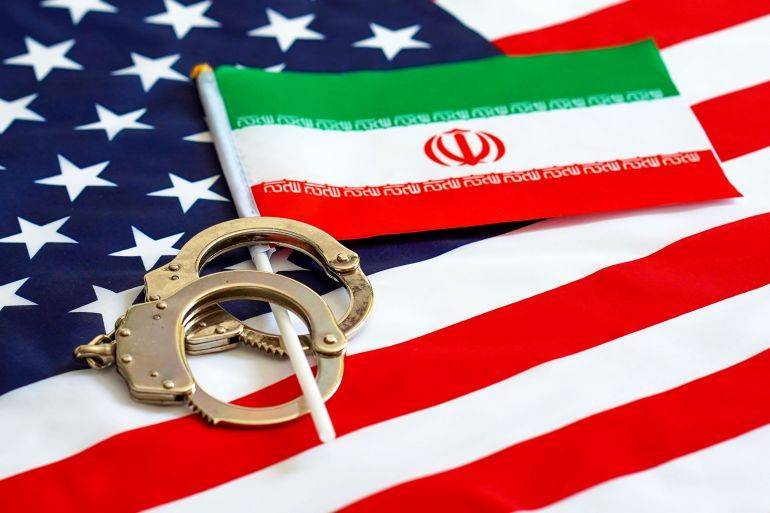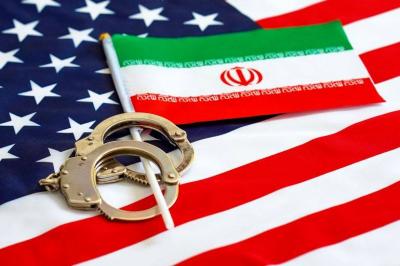The surprise attack launched by the Palestinian Islamic resistance movement (Hamas) on Israel on Saturday and the Israeli response resulted in the deaths of over 1,100 people, while highlighting the Iran-backed movement. U.S. Secretary of State Antony Blinken stated yesterday, Sunday, that Iran has not yet been able to access a single dollar of the six billion dollars released as part of a prisoner exchange agreement between the United States and Iran in September. He clarified that there is currently no evidence detected by the U.S. linking Iran to the recent attack in Israel, but he pointed to the long-standing relationship between Iran and Hamas, which governs the Gaza Strip.
*What is the Prisoner Exchange Agreement?*
In August, details of a complex agreement approved by U.S. President Joe Biden were announced. The agreement allowed five American citizens detained by Tehran to leave in exchange for the transfer of six billion dollars from Iranian funds that had been frozen in South Korea. At the same time, it allowed five Iranians held in the United States to depart.
*What is the six billion dollars?*
The six billion dollars consisted of Iranian funds that were frozen in South Korean banks. After Washington, under former President Donald Trump, imposed a comprehensive ban on Iranian oil exports and sanctions on the Iranian banking sector in 2019, these Iranian oil revenues were frozen in Seoul.
*Where are the six billion dollars now?*
The funds have not been disbursed to Iran. The Qatar Central Bank oversees the money, which remains in Doha. Blinken stated on CNN's "State of the Union" yesterday, "The fact is that this does not involve any dollars from U.S. taxpayers' funds. These are Iranian resources amassed from the sale of their oil that were frozen in a bank in South Korea." U.S. officials noted that under the terms of the prisoner exchange agreement with Iran, the funds could only be used for humanitarian purposes, including the purchase of food or other goods outside Iran for import.
U.S. Treasury Undersecretary for Terrorism and Financial Intelligence Brian Nelson indicated that "all funds deposited in restricted accounts in Doha, as part of arrangements to secure the release of five Americans in September, are still in Doha. Not a single penny has been disbursed. These restricted funds cannot go to Iran and can only be used for humanitarian purposes in the future. Any suggestion to the contrary is false and misleading." A State Department spokesperson mentioned that due to due diligence requirements related to the agreement, "it will take several months for Iran to access these funds. As we have said repeatedly, they can only be used to purchase food, medicine, medical devices, and agricultural products for the Iranian people."
*What do opponents of the agreement say?*
Most Republicans competing for the party's nomination in the 2024 presidential election have attempted to link Biden's agreement with Iran to the attacks, with some incorrectly claiming that Biden or U.S. taxpayers funded the attacks on Israel. Nikki Haley, former governor of South Carolina and a contender for the Republican nomination, stated that allowing Iran to access those funds under any circumstances improves its budget situation and lifts restrictions on money that could be used for other purposes. She added, "Let’s be honest with the American people and recognize that Hamas knows and Iran knows they are moving the funds while we speak, because they know that six billion dollars will be released. That is the reality."




